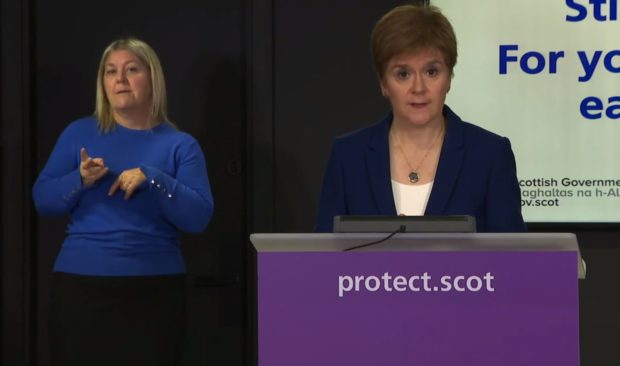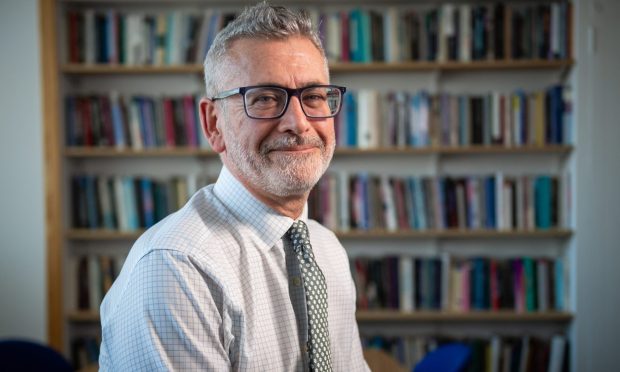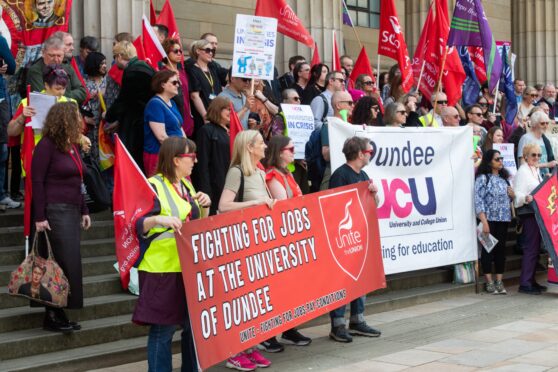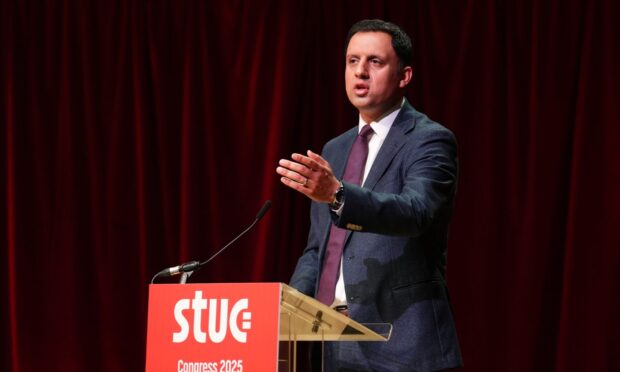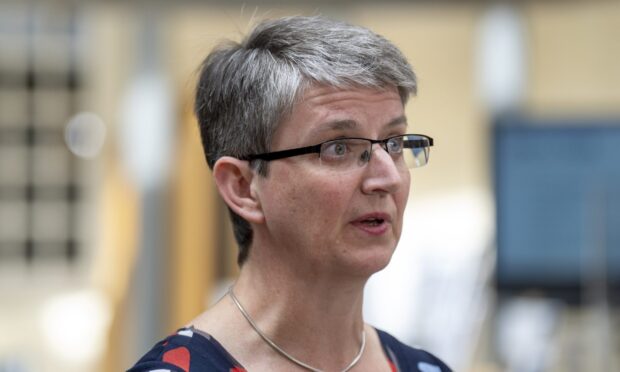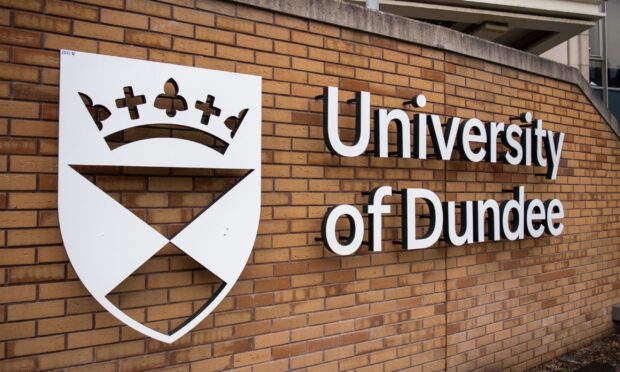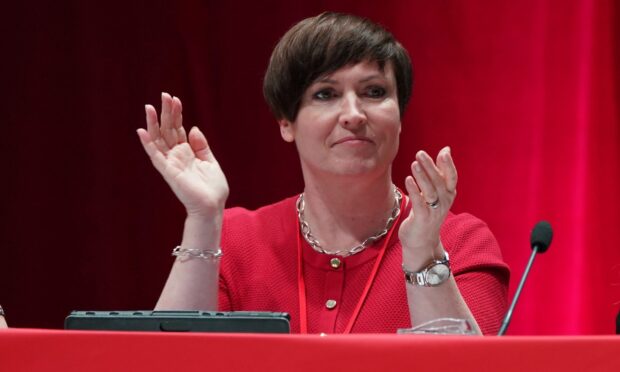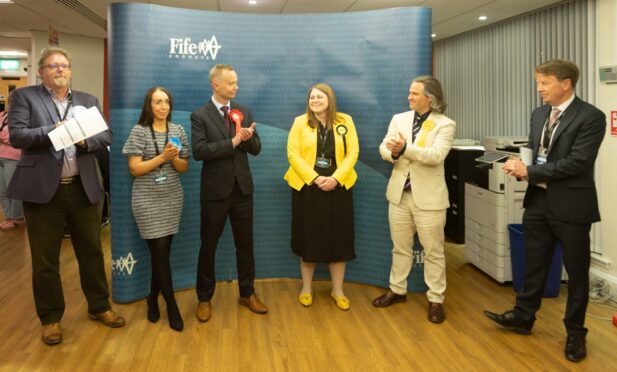Nicola Sturgeon has warned that further restrictions to stem the rise in Covid-19 cases may be needed “in the near future”.
The first minister was speaking at Scottish Government coronavirus briefing alongside Health Secretary Jeane Freeman and interim chief medical officer Gregor Smith.
Ms Sturgeon said the large number of cases reported over the weekend and the last couple of weeks is further evidence that there is “a rising tide of infection across the country”.
She said: “Of course we’re seeing the consequences of that, not just in the daily case numbers but also perhaps more importantly in the rise of hospital admissions, in the numbers of people in intensive care and sadly in the number of people who are dying from the virus.
“All of that means it is vital that we do everything we can to get this situation under control, of course in a proportionate way that allows us to take account of all the different harms not just that Covid can do but that our ways of dealing with Covid can also do.”
She said she is hopeful the restriction on visiting other people’s houses will “help us stem the increase of the virus over the next period”.
However, she warned: “Given the numbers we are seeing it is possible that we will have to do more.
“There may well be a need for some further restrictions in the near future.
“The government will be considering the latest clinical evidence and advice later on today and the cabinet will be considering the up-to-date situation when it meets tomorrow morning.”
She said authorities will try and give as much notice as possible and stressed: “We do not impose restrictions lightly.
“If we decide extra restrictions are necessary it will be because we deem it necessary vital to get the virus back under control and avoid unnecessary loss of life.”
There have been 697 new cases of Covid-19 recorded across Scotland in the past 24 hours, but no new deaths.
The figure represents 12.8% of all newly-tested people.
Ms Freeman told the briefing that the nation’s seasonal flu vaccination programme has been expanded this year, with a 50% increase in the number of people eligible.
The expansion is because of the risks of people catching flu at the same time as Covid-19.
The scale of the programme means different methods of delivery will be used, and people will be advised by letter how to get their flu jab, whether at a GP practice or a walk-in centre.
Ms Freeman said: “Not only is there a 50% increase in the number of people we want to vaccinate, additional measures mean we can’t have large number of people waiting in GP practices.”
The introduction of a so-called “circuit-breaker” – short, sharp restrictions designed to quickly reduce the rate of the number of infections – was also discussed at the briefing.
Asked what the merit of a circuit-breaker would be when past evidence shows that cases tend to rise when things open up again and activity levels increase, Dr Smith replied: “It’s a reduction in the rate of growth of cases and a reduction in the number of cases.
“While you can reduce R to a level that slows transmission, you also reduce the number of people who have that virus.
“So further down the line, it’s slowed the epidemic curve and you have much lower of cases than if you had not had that reset.”
